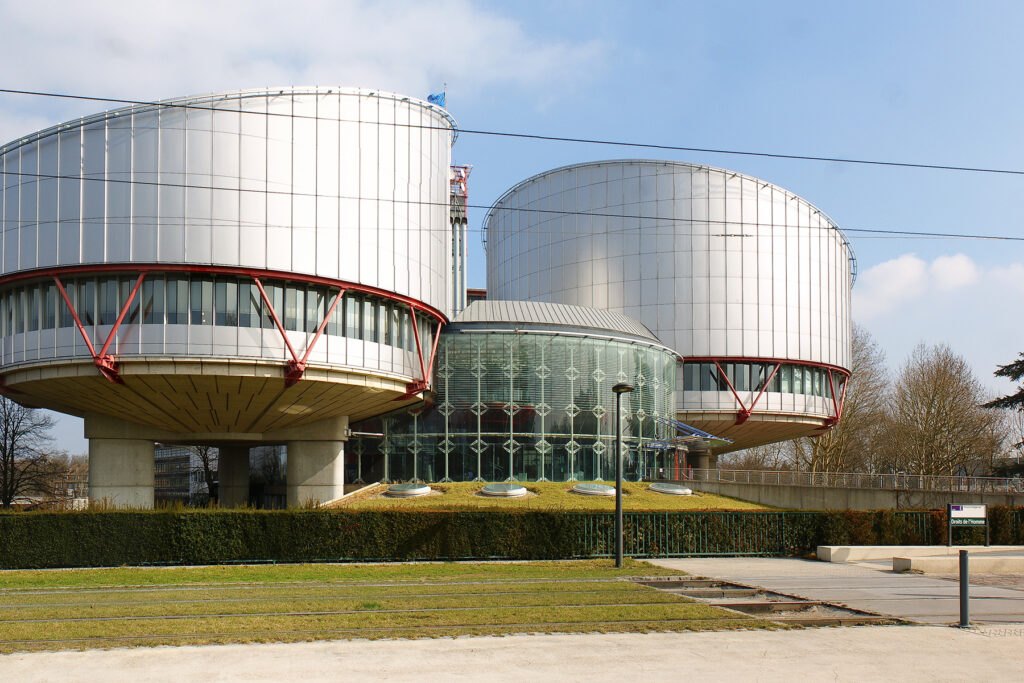The European Court of Human Rights (ECHR) ruled that Russian authorities violated that the right to family life and the prohibition of gender discrimination in the case Luiza Tapayeva, a Chechen woman who was denied custody of her children after the death of her husband.
Tapayeva first filed a complaint with the ECHR in May 2018.
According to her complaint, she stated that she had been raising her children alone after her husband's death in 2015.
In 2016, her father-in-law allegedly kidnapped her four daughters — with the youngest only three years old at the time. He also prevented Tapayeva from contacting her children.
Later that year the Supreme Court of the Chechen Republic, ruled that the custody of Tapayeva’s children be restored to her. However, her father-in-law refused to comply with the order, nor was it enforced by the authorities.
The ruling was later quashed on appeal, and custody was granted to her father-in-law.
In May 2018, Tapayeva appealed that ruling and, with the aid of lawyers from Legal Initiative, a human rights and legal aid organisation, filed a complaint with the ECHR about the violation of her right to a family.
The Russian Supreme Court refused to review the woman's complaint. In November that year, the ECHR communicated her complaint and forwarded a number of questions to the Russian authorities, raising, among other things, the issue of gender discrimination.
The ECHR awarded Tapayeva €16,250 ($18,272). Commenting on the Court's ruling, Legal Initiative noted that Tapayeva’s case is far from unique. It is a frequent practice in the North Caucasus, they wrote, that authorities do not execute court decisions regarding maternal custody of children.




 25 November 2021
25 November 2021



